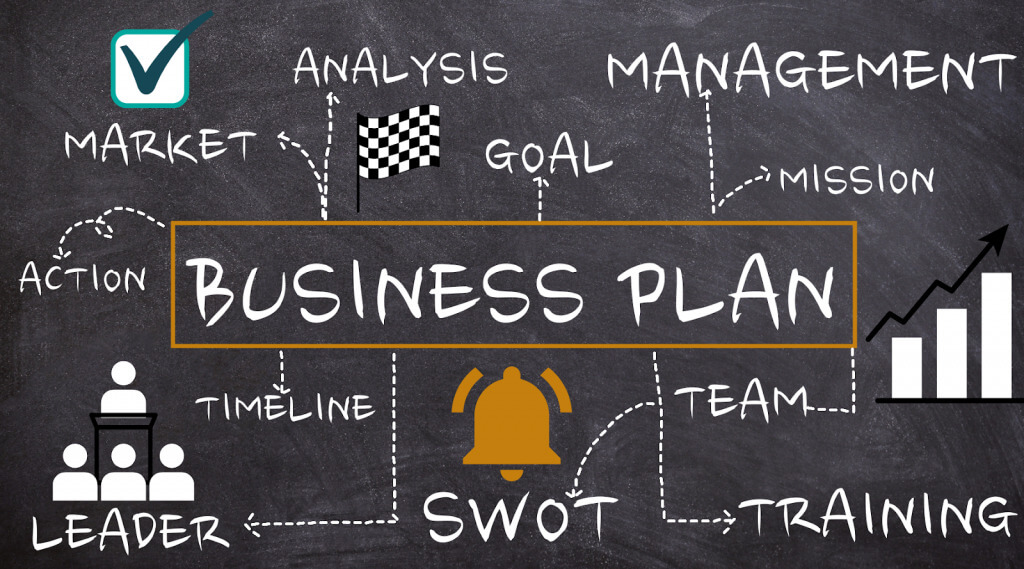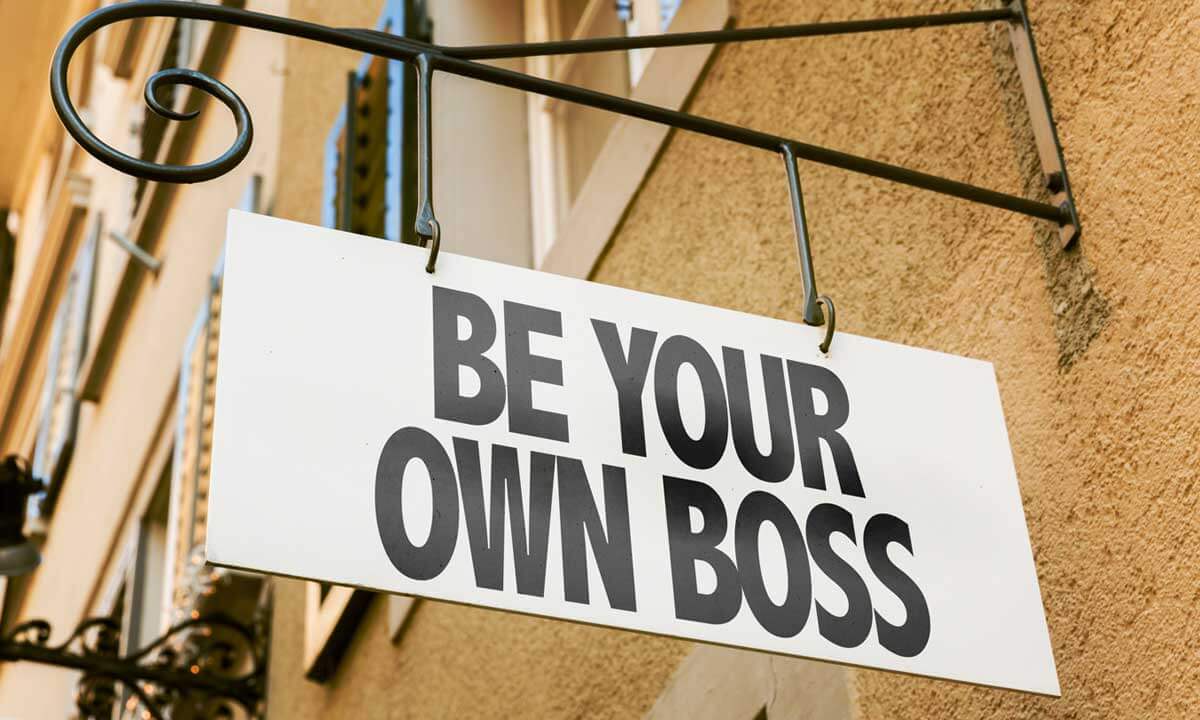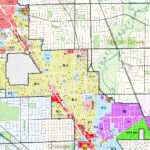Doing Business in Niles -Helpful Links

10 steps to start your business

-
Conduct market research
Market research will tell you if there’s an opportunity to turn your idea into a successful business. It’s a way to gather information about potential customers and businesses already operating in your area. Use that information to find a competitive advantage for your business.
-
Write your business plan
Your business plan is the foundation of your business. It’s a roadmap for how to structure, run, and grow your new business. You’ll use it to convince people that working with you — or investing in your company — is a smart choice.
-
Fund your business
Your business plan will help you figure out how much money you’ll need to start your business. If you don’t have that amount on hand, you’ll need to either raise or borrow the capital. Fortunately, there are more ways than ever to find the capital you need.
-
Pick your business location
Your business location is one of the most important decisions you’ll make. Whether you’re setting up a brick-and-mortar business or launching an online store, the choices you make could affect your taxes, legal requirements, and revenue.
-
Choose a business structure
The legal structure you choose for your business will impact your business registration requirements, how much you pay in taxes, and your personal liability.
-
Choose your business name
It’s not easy to pick the perfect name. You’ll want one that reflects your brand and captures your spirit. You’ll also want to make sure your business name isn’t already being used by someone else.
-
Register your business
Once you’ve picked the perfect business name, it’s time to make it legal and protect your brand. If you’re doing business under a name different than your own, you’ll need to register with the federal government, and maybe your state government, too.
-
Get federal and state tax IDs
You’ll use your employer identification number (EIN) for important steps to start and grow your business, like opening a bank account and paying taxes. It’s like a social security number for your business. Some — but not all — states require you to get a tax ID as well.
-
Apply for licenses and permits
Keep your business running smoothly by staying legally compliant. The licenses and permits you need for your business will vary by industry, state, location, and other factors.
-
Open a business bank account
A small business checking account can help you handle legal, tax, and day-to-day issues. The good news is it’s easy to set one up if you have the right registrations and paperwork ready.
Now: Open shop!
Congratulations! It's time to cut the big ribbon. Your business is officially open. Now, focus on managing and growing your business.

Free small business data and trends
There are many reliable sources that provide customer and market information at no cost. Free statistics are readily available to help prospective small business owners.
Consider the following federal business statistics in your market research and competitive analysis:
| Focus | Goal | Reference |
|---|---|---|
| General business statistics | Find statistics on industries, business conditions. | |
| Consumer statistics | Gain info on potential customers, consumer markets. | |
| Demographics | Segment the population for targeting customers. | |
| Economic indicators | Know unemployment rates, loans granted and more. | |
| Employment statistics | Dig deeper into employment trends for your market. | |
| Income statistics | Pay your employees fair rates based on earnings data. | |
| Money and interest rates | Keep money by mastering exchange and interest rates. | |
| Production and sales statistics | Understand demand, costs and consumer spending. | |
| Trade statistics | Track indicators of sales and market performance. | |
| Statistics of specific industries | Use a wealth of federal agency data on industries. |
State Agency Links
The State of Illinois Official Website - A website for all things to do with the State of Illinois. Includes information on government, businesses, employment, education, visiting, and much more.
Illinois Department of Commerce & Economic Opportunity- Are you considering moving your business to Illinois? Or maybe you are considering expanding your current business? Visit this site to obtain information on the economy and the opportunities in Illinois.
Illinois Bureau of Tourism- Planning to Visit Illinois? Check out this website for all the history and adventure Illinois can offer.
Social Security Administration- Go here for answers to your questions on social security.

